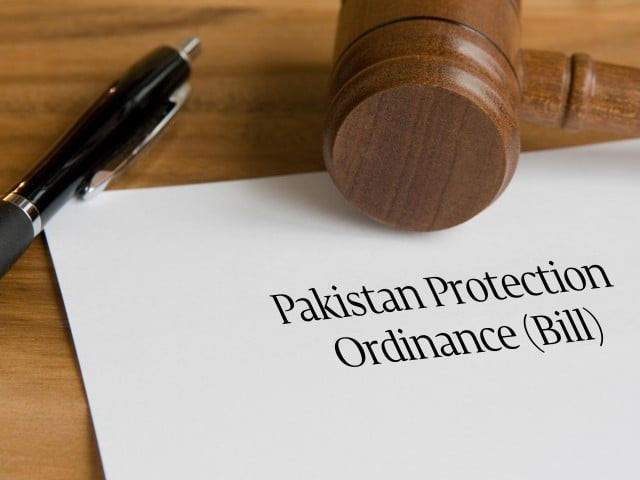Still a draconian law
Govt must ensure that fundamental rights of individuals are not breached when Protection of Pakistan Bill is invoked.

Still a draconian law
Many amendments were introduced and safeguards inserted before the legislation won the concurrence of the lawmakers. It provides sweeping powers to security forces, allowing them to shoot suspects on sight with the permission of a grade-15 officer. Rights organisations have described it as controversial, repressive and even draconian. It doubles the maximum sentence for terror offences to 20 years and allows security forces to hold suspects for up to 60 days without disclosing their whereabouts or allegations against them. Predictably, the bill faced intense opposition in both Houses of Parliament and the government’s efforts to make it a consensus-based legislation floundered. Even though the PPP got on board at the end, the Pakistan Tehreek-e-Insaf abstained from voting in the National Assembly while the Jamaat-e-Islami opposed the bill. The latter has even announced its intention of approaching the apex court to have the law scrapped.

In any case, the law is a watered-down version of what was originally drafted. In its amended form, the act shall remain in force for a period of two years, instead of three. The definition of enemy alien, the subject of much controversy, has been modified and now means a militant whose identity is unascertainable. The detention period for an accused has been reduced from a period of 90 days to 60 days. Under the amended form, the law stipulates that shooting orders would be given on the basis of credible prior information about a person and on the apprehension of circumstances on the scene that a person can cause harm. All these safeguards are appropriate and deserve to be appreciated. But the apprehensions of civil society and rights bodies still remain. The Human Rights Commission of Pakistan has slammed the government for what it calls ‘deliberately following the model of a police state’. The government must ensure that fundamental rights of individuals are not breached when this law is invoked.
Published in The Express Tribune, July 14th, 2014.
Like Opinion & Editorial on Facebook, follow @ETOpEd on Twitter to receive all updates on all our daily pieces.














COMMENTS
Comments are moderated and generally will be posted if they are on-topic and not abusive.
For more information, please see our Comments FAQ